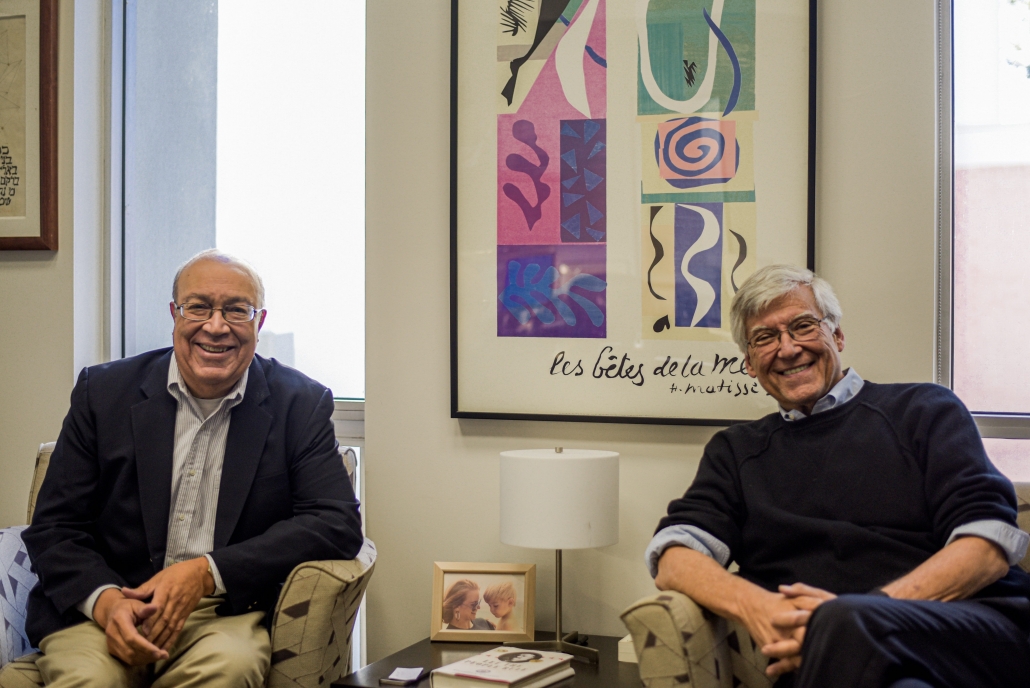USC schools partner to combat election fraud, insecurity

(Andrea Diaz | Daily Trojan)
Six USC schools have joined forces to form the Election Security and Information Project, a program that will employ on-the-ground training sessions in all 50 U.S. states to educate election officials about election fraud prevention.
The training sessions are slated to begin in February and will continue through September. Each session will be led by at least two USC faculty members in addition to experts from other industries such as cybersecurity groups and government agencies.
The project is a collaboration between the Annenberg School for Communication and Journalism, the Dornsife College of Letters, Arts and Sciences, the Gould School of Law, the Price School of Public Policy, the Marshall School of Business and the Viterbi School of Engineering.
“As far as we know, USC is the only private entity which is going to be on the ground in all 50 states as part of this cybersecurity initiative,” said Adam Powell, the managing director of the project.
The curriculum comprises three areas of election security: cyber safety, disinformation and malicious bots and crisis communications. Powell said the content will be simplified for accessibility to avoid computer science jargon and coding.
The precursor to the project was a partnership with the National Governors Association with support from the Democracy Fund. Through this partnership, the team of USC faculty traveled to six states and presented election fraud prevention tools tailored to each state’s electoral system.
While this first project inspired the current one, Powell emphasized the differences in scale and target audience.
“This is a very different project not only in size but also in focus,” Powell said. “Instead of having small closed meetings which we’ve been having in Washington, D.C. and Los Angeles and around the country, these will be open sessions so we could have quite a few people coming.”
The new project’s sessions will be open to the public, including campaign leaders, election officials and the students and faculty at colleges where the training sessions will be held.
“[The sessions are] directed primarily [by] anyone who’s involved in elections: candidates, parties, campaigns, state and local election workers,” Powell said. “Our primary mission is to share best practices in election cybersecurity. Our focus is going to be sharing best practices to do the best job we can — not only tell people about systems and principles but to help people internalize, ‘You don’t click on that link.’ That was what we saw in 2016.”
The project aims to educate those on the ground about best practices for conducting elections after learning from the mistakes made in past ones, including the recent elections in Louisiana and Minnesota that resulted in electoral fraud.
“This is a huge issue for every country and every state to protect the integrity of elections,” project principal investigator and professor Geoffrey Cowan said. “Our piece of it is to really try to help all 50 states think about how they can be less likely to have their system exposed to problems.”
The project is funded by Google, which allocated the project team a seven-figure grant to facilitate the sessions.
“In advance of the 2020 election, we are committed to enhancing election security for voters, campaigns and journalists alike,” said Kristie Canegallo, vice president of Google’s Trust and Safety team said in a November press release from the Annenberg Center on Communication Leadership & Policy.
While national attention has mostly focused on presidential election fraud, Cowan said hacking is prevalent in state and municipal elections, too. The project’s bipartisan team includes Center for the Political Future directors Mike Murphy and Bob Shrum, two former campaign staffers who have worked on congressional, gubernatorial and presidential campaigns.
“This is not just one country, it’s not just one political party, it’s not just one office,” Cowan said. “It’s an issue that’s going to be with us for a long time, and hopefully we’ll help the states to protect themselves against it — not just in the presidential race but for state and local elections, too.”

